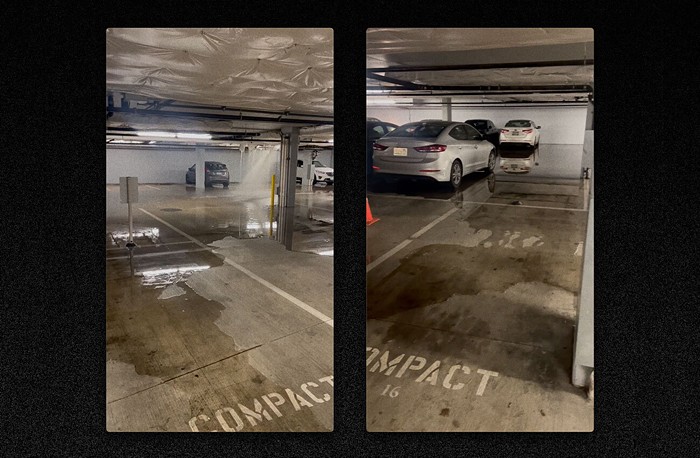Washington lawmakers now wrestling with drafting a new drug possession bill are faced with a crucial decision: adopt an evidence-based, public health approach to addiction or return to the failed strategy of criminalizing it.
The “Blake bill,” E2SSB 5536, as passed by our state Senate, would have increased the penalty for drug possession from a simple misdemeanor, punishable by a maximum of 90 days in jail and $1,000 fine, to a gross misdemeanor, for which the person could be jailed for up to 364 days and fined $5,000. Worse, the Senate bill would have required judges to jail persons who fail or refuse recovery and treatment programs or diversion for 21 days, and up to 45 days for subsequent failures.
Fifteen members of the state House made a tough call and voted against that bill, even though it provided much-needed funding for drug treatment, because they know jail does not work for fighting drug addiction. Studies show that jailing drug addicts does not help them kick the habit or deter them from future drug use. Incarceration disrupts lives and often brings loss of jobs, housing, even child custody. A criminal conviction is a scarlet letter that makes getting and keeping a job and a roof over one’s head a lifelong uphill battle. The punitive approach backfires, driving addicts toward—not away—from crime.
What works is drug treatment, stable housing, and emotional and community support.
Policymakers have known this for decades. There’s no mystery here.
Moreover, people of color suffer disproportionately greater arrests, prosecutions, convictions, and sentences for drug possession than whites do for the same behavior. That is because of policing patterns and racism at every step of the criminal justice system.
Four potential “Blake fix” bills were introduced, ranging from decriminalization to reinstating felony penalties. Unfortunately, the Senate bill that emerged did not track the recommendations of the Substance Use Recovery Advisory Committee established by the post-Blake legislation. Instead of a thoughtfully crafted, evidence-based approach grounded in public health best practices, the result was a retreat to past failed and racially disparate “tough love” criminal remedies.
Washington state jails are already struggling to care adequately for people who use fentanyl and other drugs, and the negative impact of incarceration on future health is well-established. Coerced treatment programs, such as drug courts, are costly and are not proven to reduce drug use.
As a former superior court judge, I know that no one wins when we rely on punishment to treat addiction. I have seen first-hand how using the criminal legal system to solve a public health problem can fail everyone—from the person facing charges to their family, the community, and the public.
Criminal convictions and incarceration are not the answer, and the harm they cause will continue to fall disproportionately on poor people and Black and brown Washingtonians. The War on Drugs has always been profoundly racist, with communities of color enduring the impacts of discriminatory enforcement of drug laws.
We can do better. Let’s follow the science and simple humanity, employ a public health approach, and try to keep drug addiction out of the criminal courts.
Theresa Doyle is a retired King County Superior Court Judge.



















